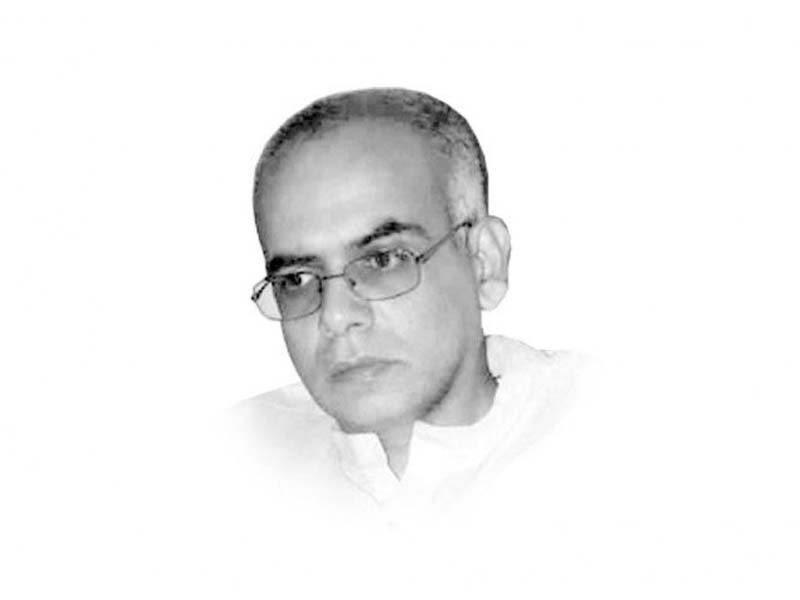
However, this deterioration does not come as a surprise to those paying attention to the decline in our bilateral relations. While the current US administration has certainly adopted a harsh tone against Pakistan, both Bush and Obama administrations have also kept demanding that Pakistan needed to ‘do more’ in the Global War on Terrorism (GWoT), and they remained perpetually suspicious of our role of ‘running with the hare and hunting with the hound’.
In the post-9/11 scenario, Pakistan has remained unable to convince the US not to narrow its strategic relationship with Pakistan beyond its interests in Afghanistan. Conversely, the tightening Indian embrace of US policymakers over these past 15 years has paid off. India has managed to de-hyphenate US relations with the Indo-Pak region and convinced the US to create an independent and expanded relationship with itself not only in terms of doing business but also in terms of pursuing similar geostrategic goals, in terms of counterbalancing China and allowing India a greater role in stabilising Afghanistan.
It is no surprise that the BJP government has welcomed Trump’s tweet. It is disheartening to see the Afghan ambassador to the US doing the same. Yet, even Pakistanis themselves have been playing politics over their relations with the US. A few months ago, our current foreign minister asked former president Zardari to “rein in” his former Pakistani ambassador to the US, Hussain Haqqani, and accused him of “authoring” Trump’s new South Asia policy. It was therefore not unexpected to now see Haqqani show little sympathy for Pakistan as he is being asked to respond to Trump’s tweet about his former homeland.
It was also interesting how major Western media outlets, including CNN and BBC, kept flashing images of juxtaposing banners against Trump and in support of Hafiz Saeed, while discussing the Pakistani reaction against the latest Trump tweet. Such images subliminally reinforced stereotypes of the public sentiments against the US and its president and that can be equated with equally widespread support for Hafiz Saeed.
Although the government was quick to express its indignation to the US ambassador, our National Security Committee has been wise in deciding that it will not be hasty in its response to the latest US allegations.
Pakistan has also acknowledged China’s statement of support following the latest US moves. It is, however, important for Pakistan not to only rely on China to preserve its geostrategic interests in the region. China and India are locked into a competition which is now much more sophisticated than their 1960s skirmish, and China’s vie for influence also transcends into using Pakistan to keep India in check. An editorial in the English-language Chinese newspaper Global Times, for example, has cautioned Chinese policymakers not to make India think that China’s support for Pakistan is aimed against New Delhi, which was a wise suggestion, from the viewpoint of Chinese foreign policy. We also must simultaneously remain engaged with the US, Europe, Iran, Afghanistan and other stakeholders in the effort to secure stabilisation.
Pakistan also cannot place all its eggs in the same basket. We cannot afford to think of international relations as a zero-sum game of countering India and checking its influence in Afghanistan, by switching our alliance from the US to China. Doing so will only reveal that there are no true friends when it comes to realpolitik.
Published in The Express Tribune, January 5th, 2018.
Like Opinion & Editorial on Facebook, follow @ETOpEd on Twitter to receive all updates on all our daily pieces.












COMMENTS (1)
Comments are moderated and generally will be posted if they are on-topic and not abusive.
For more information, please see our Comments FAQ